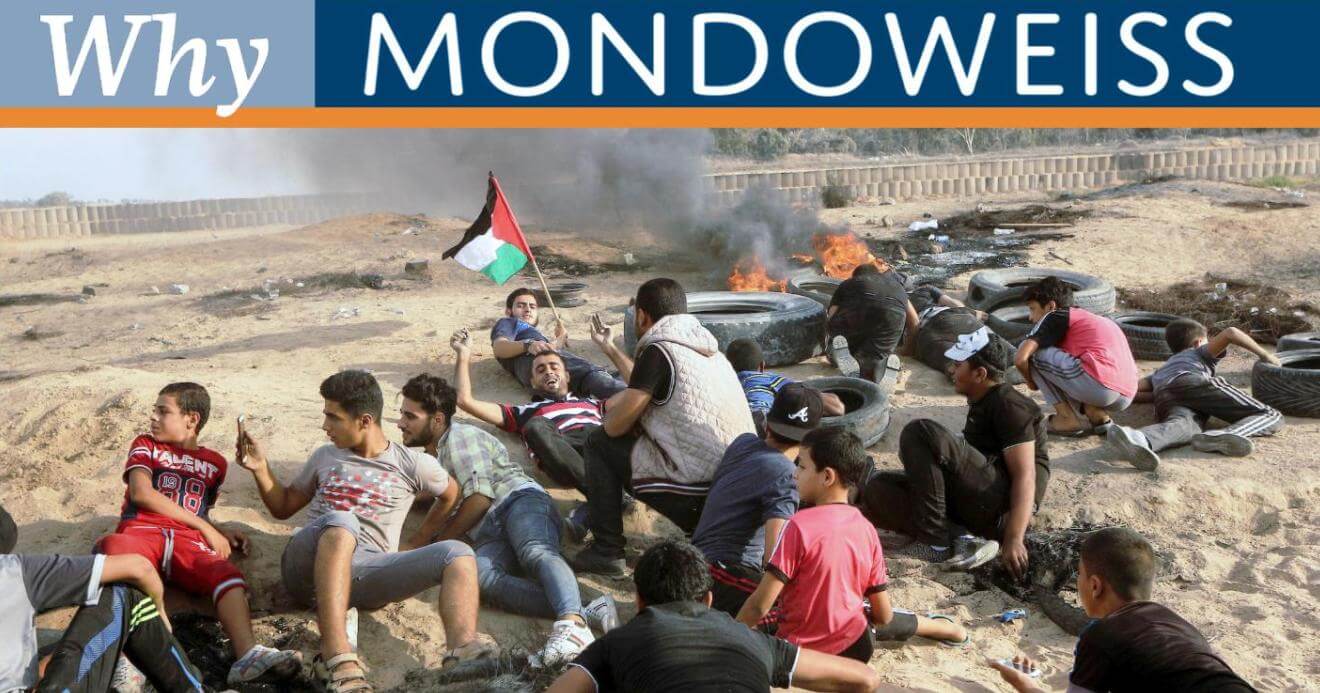I went home for Passover yesterday and felt guilty. I feel close to my family but little closeness to my tribe. I am less Jewish than I have ever been, and certain statements I have made in the last year, both out loud and in my head, about my problem with religion, about official Judaism countenancing the treatment of the Palestinians, seem to have dissolved some of the knots that held me close. Saying the words of the Passover seder, I did not feel the thrill I sometimes feel. I wondered, Who is this story for? Whose lives does it apply to? When we say, Next year in Jerusalem, what does it mean that Israel controls all of Jerusalem, with the holy sites so meaningful to so many different tribes? I was silenter than I’ve ever been at a seder. I pulled faces for my nephew, next to me, and made him laugh, but more often I felt suffocated by selfish Jewish concerns and troubled by the knowledge that I have broken not a faith, I don’t know that I ever had much, but like a blood oath to a people.
There is a portion of the seder text that talks about how the different sons respond to the story. There is the wise son, the contrary son, the simple son and so forth, each of them talking to his dad. The point of this episode is that you are supposed to be the wise son, who asks of his father, Why did the Lord do this for me? The contrary son asks, Why did the Lord do this for you? Excluding himself. It struck me last night that I am the contary son. I might wish that it was otherwise, and indeed the seder text seems to suggest that a kid might choose. But I have made my choices and am now having to live with them. It’s not that I regret them, but I do feel guilty and awful about some of the consequences. Yet I feel that in the Seder text there is even some room for the contrary son. He has his place. The father may be upset about it, but he has his place.
Leaving was tough last night. My mother generally reads stuff that I write. She’s a proud mom. And I never sent her a piece in the Nation I wrote about Rachel Corrie’s death in Gaza in 2003, and the censorship of the play a London company has made of her words. As I was getting my jacket to leave, my mother asked me what I was working on and I said, “I have to send you a piece I wrote in the Nation.” “Someone sent me that,” my mother said and gave me a wise but loving look. “The Rachel piece?” “Yes,” I said. I was grateful she called it the Rachel piece, thereby including Rachel Corrie in humanity, but I could tell the article upset her. Later, as I got into the car, and hugged my mother, she said, “We have to talk about that article.” I said, “Maybe not.” She laughed.
It hurts. I hate to think I’ve hurt my mom, or made her ashamed. I’m proud of the piece, proud that I have taken the position I have, made the honest statements I have in there. But now when my mom’s getting on, and I admire her more than I ever have, for her emotional toughness, for her engagement with life, her action-figure bustle and ceaselessness, it’s hard to know that I may have hurt her. Of course I came from her, and from my father, a scientist. It’s their best mental qualities I think I’m living, questioning and examining and open expression. Still it makes my heart hurt. In that article, there’s a great line from Tony Kushner about the fear one has as a Jew who talks about Palestinian human rights that one is hurting one’s own people. These feelings, Kushner says, can leave someone “overwhelmed and in despair–you feel like you should just say nothing.” I didn’t really understand those words when I wrote the article, now I do…
When I got home I discovered I’d left my fucking dopp kit at my parents’ house, with my toothbrush etc. I wonder if that wasn’t some piece of emotional velcro hanging out, some way of snagging into my childhood house.

